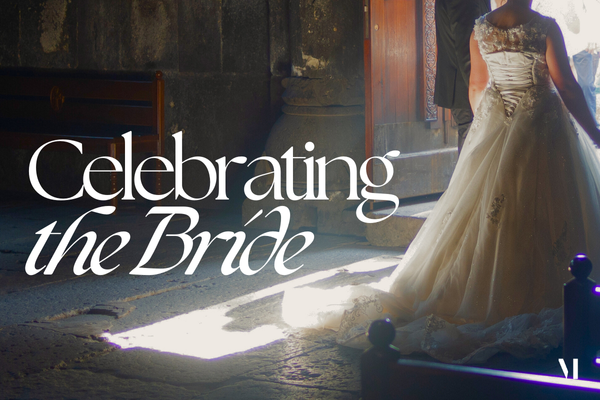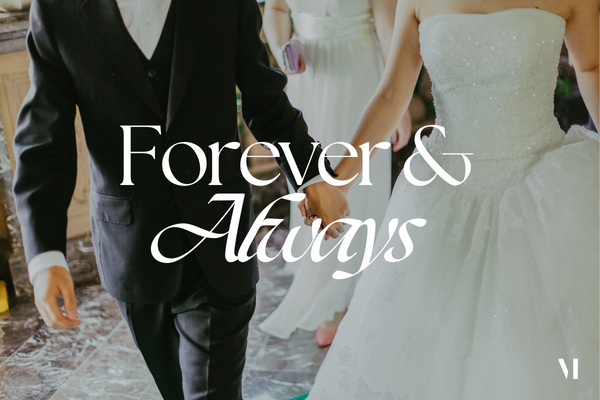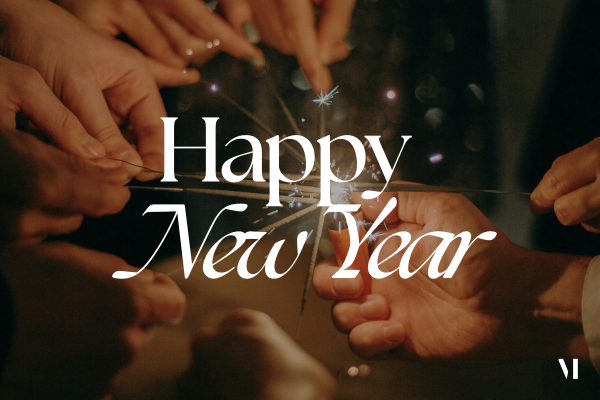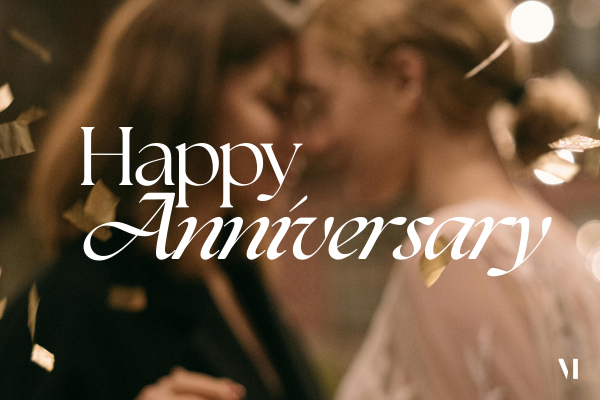Experience gifts vs gift cards represents more than a purchasing decision. It’s a choice between creating memories and offering transactions. When designing recognition programs, knowing what employees truly value guides both your budget and culture.
The data tells a clear story. Employees remember experiences long after gift cards get spent and forgotten. But the reasons behind this preference reveal something deeper about what people want from workplace recognition: to be seen, valued, and trusted to define their own joy.
This isn’t about dismissing gift cards entirely. It’s about understanding when each approach serves your team best. And why the shift toward experiential recognition reflects changing expectations about what meaningful appreciation looks like.
Let’s break it down.
The Gift Card Default: Why Companies Keep Choosing Them
Gift cards dominate corporate recognition for understandable reasons. They’re simple to procure, easy to distribute, and create an illusion of choice. Finance teams love the predictable pricing. HR departments appreciate the minimal administration. Managers like the one-size-fits-all convenience.
The appeal makes sense on paper. You’re giving people freedom to choose what they want, right? Better than forcing everyone to accept the same branded merchandise or generic gift basket.
But this convenience comes with hidden costs that show up in employee sentiment, not expense reports.
According to the Incentive Research Foundation, 62% of employees say they’d prefer experience-based rewards over tangible items or gift cards. Yet most companies continue defaulting to gift cards because they’ve always done it that way.
Here is why the gap persists: gift cards feel like progress from older recognition methods. They’re the safe middle ground that satisfies procurement processes while creating minimal disruption.
Your employees notice this safety-first thinking. They recognize when appreciation is designed for your convenience rather than their fulfillment.
What Employees Actually Say About Gift Cards

When you survey employees about gift cards, the feedback reveals limitations that public politeness usually masks. People say thank you. They use the cards. But satisfaction and impact tell different stories.
The most common complaints about gift cards as recognition:
Restricted choice: You need to make a special trip, browse items you weren’t planning to buy, and force a purchase to use something meant to feel like appreciation.
Forgotten and expired: Cards sit in wallets or get filed away. By the time you remember them, they’ve expired or have fees eating away the value. The Mercator Advisory Group found that $3 billion in gift card value goes unused annually in the United States alone.
Transactional feeling: A gift card is money with restrictions. It doesn’t tell a story. There’s no moment to remember, no experience to share.
Tax complications: As noted in IRS Publication 15-B, gift cards are treated as cash equivalents subject to income tax withholding. The gesture loses its warmth when paired with a deduction notice.
Lack of personalization: Everyone gets the same thing. The thoughtfulness that makes recognition meaningful is absent. You could be anyone on the list.
These limitations don’t make gift cards worthless. They make them insufficient for recognition that aims to create genuine connection and lasting positive associations with your company.
Why Experience Gifts Create Stronger Emotional Connections

Experience gifts vs gift cards comparison shifts when you consider what each creates in memory. A gift card enables a purchase. An experience becomes part of someone’s life story.
The psychology here matters. Experiences generate anticipation before they happen, engagement during the moment, and storytelling afterward. That’s three distinct touchpoints. Your recognition creates positive feelings, compared to a gift card’s transactional moment.
People derive more lasting happiness from experiential purchases than material ones. The joy from material items fades as we adapt to owning them. Experiences, meanwhile, become part of our identity and gain value through memory and retelling.
Every time they recall that experience or share the story, they’re reinforcing a positive association with you as an employer. This is what transforms recognition from obligation to impact.
Mojo Gift understands this change by providing access to over 100,000 experiences across 100+ countries. Employees receive something far more personal than a store-specific gift card. They’re choosing experiences that align with their interests, their life stage, and what brings them joy right now.
Same recognition platform, entirely different stories.
The Data Behind Employee Preferences
When you examine what employees prefer. The research consistently favors experiences. But with important nuances.
Experience-based rewards scored higher in perceived value than gift cards of the same dollar amount. Employees reported that experiences felt more thoughtful, and more aligned with being valued as individuals.
Experiential rewards generate 8% higher emotional engagement than cash equivalents like gift cards. That engagement translates to stronger retention, higher productivity, and more positive workplace sentiment.
Here’s what makes these numbers matter: emotional engagement drives the behaviors companies want. Engaged employees stay longer, perform better, and advocate for their employers. Gift cards might satisfy a transaction, but they rarely move the engagement needle.
TVoluntary turnover costs organizations an average of 33% of an employee’s annual salary. If experience-based recognition contributes even marginally to retention, the return dwarfs the program investment.
But preferences aren’t universal. Some employees, particularly younger workers or those facing financial stress, express preference for cash or cash-equivalents. This is where the flexible experience of Mojo Gift creates advantage. Experiences span price points and can include practical options alongside aspirational ones.
When Gift Cards Work — and Mojo Works Better
Gift cards serve a purpose. They’re quick, familiar, and easy to distribute. But meaningful recognition demands more than convenience. It requires connection.
There are moments when flexibility helps.An employee with unexpected expenses, someone who knows exactly what they want, or a team needing a quick show of appreciation. Those are valid needs. But if recognition ends there, something vital is missing.
At Mojo Gift, we believe appreciation should feel like it was made for you. Not generic. Not transactional. Our platform transforms convenience into connection. Offering freedom of choice wrapped in genuine care.
Because what people remember isn’t the value printed on a card, but the feeling that came with it. Seen. Valued. Trusted. Mojo Gift isn’t a substitute for gift cards. It’s the evolution of recognition itself. Where every gesture becomes an experience worth remembering.
How Experience Platforms Solve the Choice Problem
The challenge with traditional experience gifts was always execution. You can’t personally curate experiences for 50 or 500 employees. You don’t know each person’s interests well enough. Even if you did, coordinating bookings, preferences, and logistics becomes impossible at scale.
This is where modern experience platforms transform the experience gifts vs gift cards debate.
Mojo Gift solves the personalization-at-scale problem by shifting choice to the recipient. You’re not selecting one experience and hoping people like it. You’re providing access to vast options spanning categories, price points, and geographies.
This gift doesn’t expire—it expands. Unlike gift cards with expiration dates or restricted categories, experience gifts give people time to choose what fits their life. The recognition remains available until they find the perfect moment.
Mojo means you don’t have to choose for them. You’re trusting employees to know what brings them joy. That trust becomes part of the gift itself. A message that says “we see you as a complete person capable of defining your own happiness.”
The operational advantages matter too. One platform serves global teams without shipping complexity. No physical inventory. Instant delivery.
The ROI of Memorable Recognition
Finance teams evaluating experience gifts vs gift cards want numbers. What’s the return on shifting recognition spending from one approach to another?
Start with redemption rates. Gift card programs typically see 56% redemption. That means nearly half of your investment delivers zero value. Mojo Gift offers no expiration dates and see higher engagement rates because recipients have time to find the right moment.
Next, consider retention impact. The Work Institute’s research shows that 75% of employee turnover is preventable, with lack of recognition being a top driver. When employees feel genuinely appreciated through meaningful gestures, they stay longer. The cost of replacing an employee ranges from 50-200% of their salary depending on role and seniority.
The question isn’t whether experience gifts cost more than gift cards—often they don’t. The question is which approach delivers more value per dollar spent. Experiences win that calculation when you measure what actually matters: memory, connection, and lasting positive association.
Building an Experience-First Recognition Strategy
Shifting from gift cards to experience gifts requires more than swapping vendors. It requires rethinking how recognition works in your culture.
Educate managers: Your frontline leaders need to understand why experiences create more impact than gift cards. Give them talking points about how to present experiential recognition meaningfully. The delivery matters as much as the gift.
Right-size the investment: Not every recognition moment needs a $200 experience. The flexibility to vary based on context makes the program feel fair and appropriate.
Tell the stories: When employees book experiences, encourage them to share what they chose and why. These stories become proof that your recognition program works. They also help other employees understand the breadth of options available.
Measure what matters: Track redemption rates, time to redemption, experience categories chosen, and employee sentiment. This data shows program effectiveness and helps you refine over time.
Maintain some flexibility: Some situations still call for gift cards or cash bonuses. Don’t be dogmatic. The goal is meaningful recognition, not rigid adherence to a single method.
With Mojo Gift, you’re getting a platform designed for this strategy. Access to experiences worldwide means your global team receives equal treatment. No expiration pressure means employees can choose when the timing is right. The variety ensures personal relevance regardless of individual interests.
What Different Generations Want
The experience gifts vs gift cards preference varies somewhat by generation, though experiences win across all age groups when presented well.
Gen Z (born 1997-2012): This generation grew up digital and values experiences heavily. They want Instagram-worthy moments, opportunities for personal growth, and recognition that feels authentic. They’re less attached to traditional retail and more interested in doing than having. Experience platforms align perfectly with their preferences.
Millennials (born 1981-1996): Already the largest generation in the workforce, Millennials pioneered the experience economy. They value work-life integration. They want employers who see them as whole people. And they prefer spending on experiences over material goods. They’re also dealing with financial pressures that make practical experiences appealing.
Gen X (born 1965-1980): Often in mid-career with families, Gen X appreciates experiences that fit into busy lives. Family-friendly experiences, wellness options, and convenient local activities resonate. They value quality time more than accumulation.
Baby Boomers (born 1946-1964): Often nearing or in retirement. Boomers increasingly prioritize experiences and memories over material accumulation. They appreciate opportunities to explore interests, travel, and create meaningful moments with family.
The common thread across generations: people want recognition that respects their individuality and trusts them to choose what matters. Gift cards fail this test by restricting choice to a single retailer. Experiences pass it by offering diverse options.
The Global Workplace Changes Everything

For companies with international teams, the experience gifts vs gift cards comparison gets complicated fast. Shipping gift cards internationally is expensive. Some countries restrict certain gift card types. Currency conversions create confusion. And what works in one culture might not translate to another.
Experience platforms designed for global teams solve these problems. Mojo Gift operates in over 100 countries, meaning all employees receive equal access. No shipping delays, no customs issues, and no wondering if the gift makes sense in that cultural context.
This matters more every year. Remote work isn’t temporary. Teams span continents. Your recognition programs either work everywhere or create inequality. Some employees get meaningful gifts while others get “we tried but international logistics are hard.”
That’s not just logistics. That’s culture.
Turn recognition into experiences they’ll remember.
Every achievement deserves to be remembered. With our corporate solutions, recognition becomes more than a gesture, it becomes an experience that empowers, inspires, and leaves a lasting mark on every individual.
Making the Transition
If you’re ready to shift from gift cards to experience-based recognition, start with these actions:
Audit your current spending: How much do you allocate to gift cards annually? What’s the redemption rate? How do employees describe their satisfaction with current recognition?
Research experience platforms: Compare options based on experience variety, geographic coverage, redemption flexibility, and pricing. Mojo Gift offers over 100,000 experiences across 100+ countries with no expiration dates. A strong benchmark for evaluation.
Pilot with one team: Test experience-based recognition with a single department before company-wide rollout. Gather detailed feedback about the selection process, experience quality, and perceived value versus previous gift card programs.
Train your leaders: Equip managers with guidance on presenting experiential recognition. The delivery matters.
Track and refine: Monitor which experience categories people choose. How quickly they redeem, and what feedback they provide. Use this data to improve the program and demonstrate value to finance.
Communicate the change: If you’re replacing an existing gift card program, explain why. Frame it as listening and improving, not arbitrary change.
The transition doesn’t require abandoning every gift card immediately. You can run hybrid programs while building confidence in the experience-focused approach. The goal is steady progress toward recognition that creates genuine connection and lasting positive memories.
The Stories That Matter
The real measure of experience gifts vs gift cards isn’t in program metrics or ROI calculations. It’s in the stories employees tell.
Gift cards create stories like: “I used it to buy groceries” or “I think it’s still in my wallet somewhere.”
Experiences create stories like: “I took that cooking class and discovered I love Thai cuisine. Or “My kids still talk about the museum experience we had. Thank you for making that possible.”
These stories become your culture. They’re what candidates hear during recruitment. What employees share when explaining why they stay. Proof that your company sees people as humans, not just workers.
Mojo Gift turns your choices into possibilities. Let them turn your gesture into a story. When recognition becomes part of someone’s life narrative you’ve achieved what meaningful appreciation should accomplish.
That’s the gift they’ll remember you for.












































